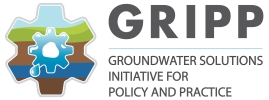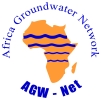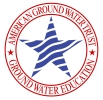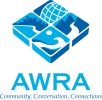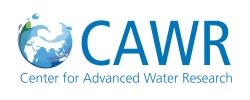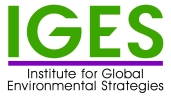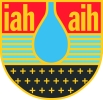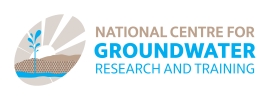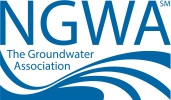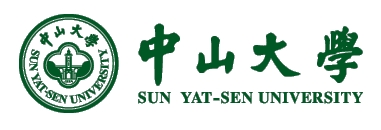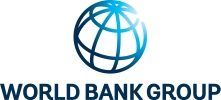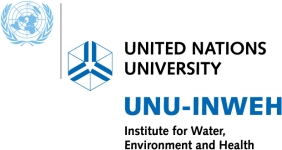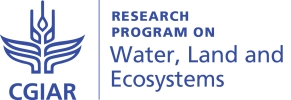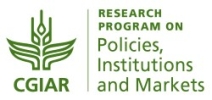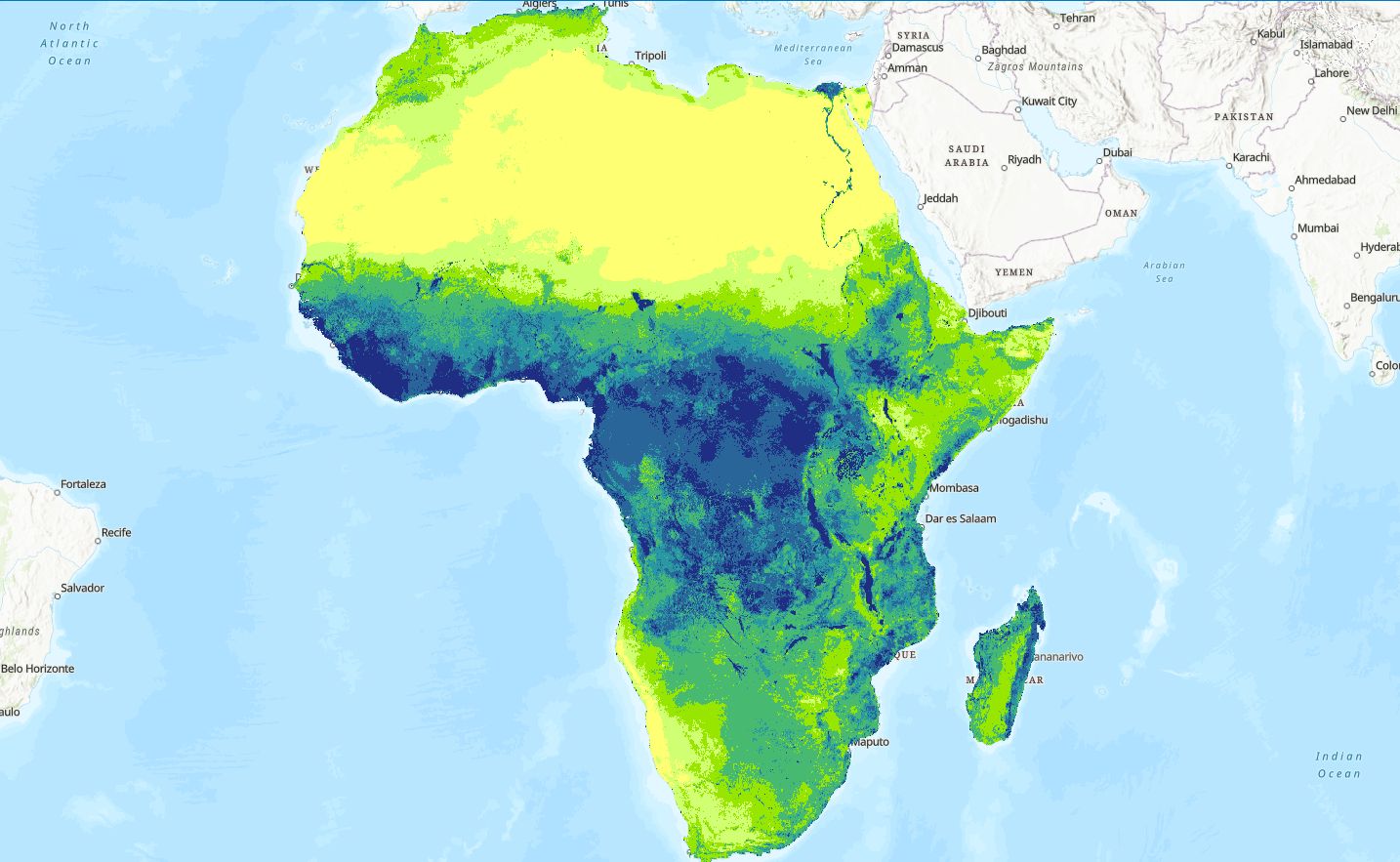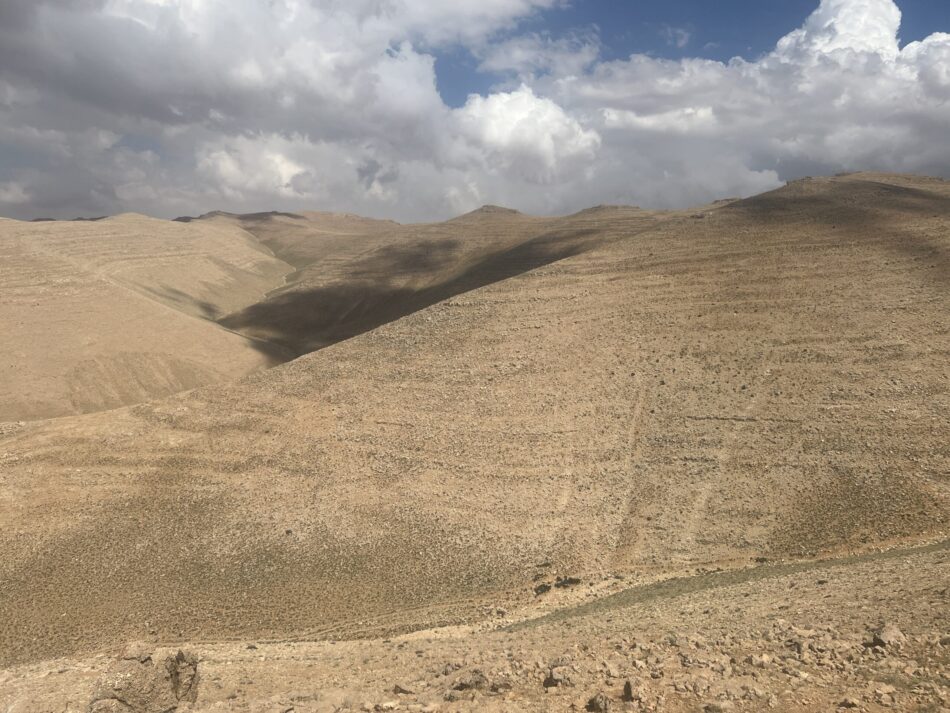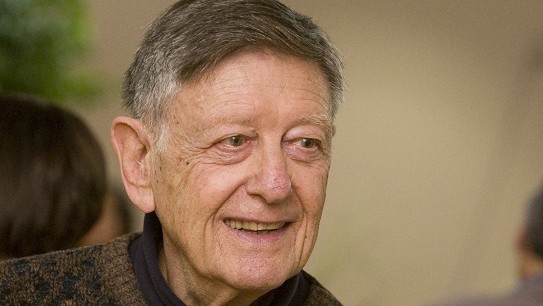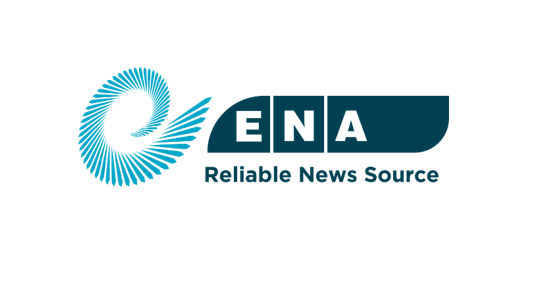“[Water] affects everything. It is crucial for human development, it is crucial for education, it is crucial for health, it is crucial for stability and food security,” said Dr. Hakima El Haité, the Delegate Minister in charge of Environment of Morocco. For the first time, water received its own dedicated day, Action Day for Water, on 16 November 2016, and was highlighted as a means to help provide solutions to SDG challenges at COP22 in Marrakech, Morocco. On 17 November, the Global Research Coordinator for WLE Dr. Nathanial Matthews presented GRIPP at the Adaptation in Agriculture side event ‘Building Resilient Farmers and Farming Systems.’
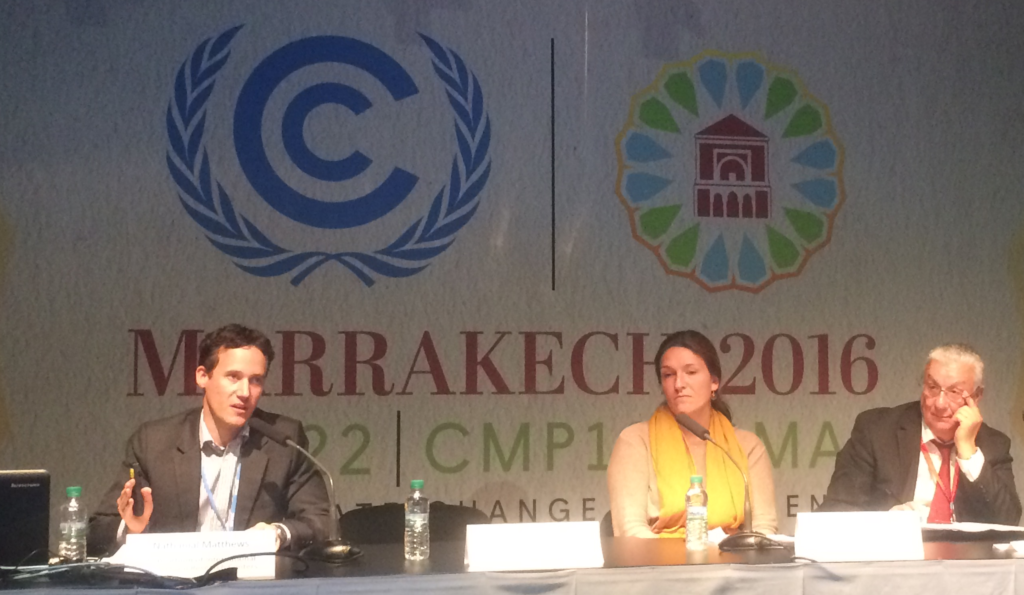
Dr. Nathanial Matthews presenting GRIPP at the Adaptation in Agriculture side event
“You can’t talk about climate-smart agriculture without discussing groundwater management; it is the world’s most extracted raw material and it currently supplies 38% of irrigated land,” he explained to the audience of politicians, scientists and experts. “In the Arab world in particular, agricultural policies are often disconnected from water realities, resulting in inconsistent policies between ministries, despite the fact that rural livelihoods depend on these strategic resources,” said Matthews. “GRIPP aims to raise awareness of the importance of groundwater resources globally and to promote and achieve sustainable management.” Sitting in one of the most arid regions of the world where, in the last 40 years, per capita freshwater resources have decreased by two thirds, this urgent need did not escape audience members.
As highlighted in the op-ed in the New Arab, Moroccan groundwater supplies and water tables have plummeted over the last few decades. Several of Morocco’s aquifers have been over-extracted at a rate of 250% per year. GRIPP’s case study on aquifer contracts showed that a lack of reliable data and ineffective farmer cooperation are among the issues that prevent consensus on the best approaches for achieving sustainability.
“Water is not only a story of adaptation, it is about development, it is about climate justice,” said Dr. El Haité. The Water and Climate Blue Book, which was launched concurrently by her Ministry and international partners, places strong emphasis to improving the governance of groundwater as a means of preserving this strategic resource.
This call is not going unheeded, as GRIPP’s network of knowledge-sharing partners, in addition to the USAID-funded IWMI Project on Groundwater Governance in the Arab World, helps inform policymakers, managers, and academics alike in an attempt to tackle the complex physical, institutional, and cultural issues related to climate-smart groundwater use.
Subscribe to GRIPP News for more updates.






